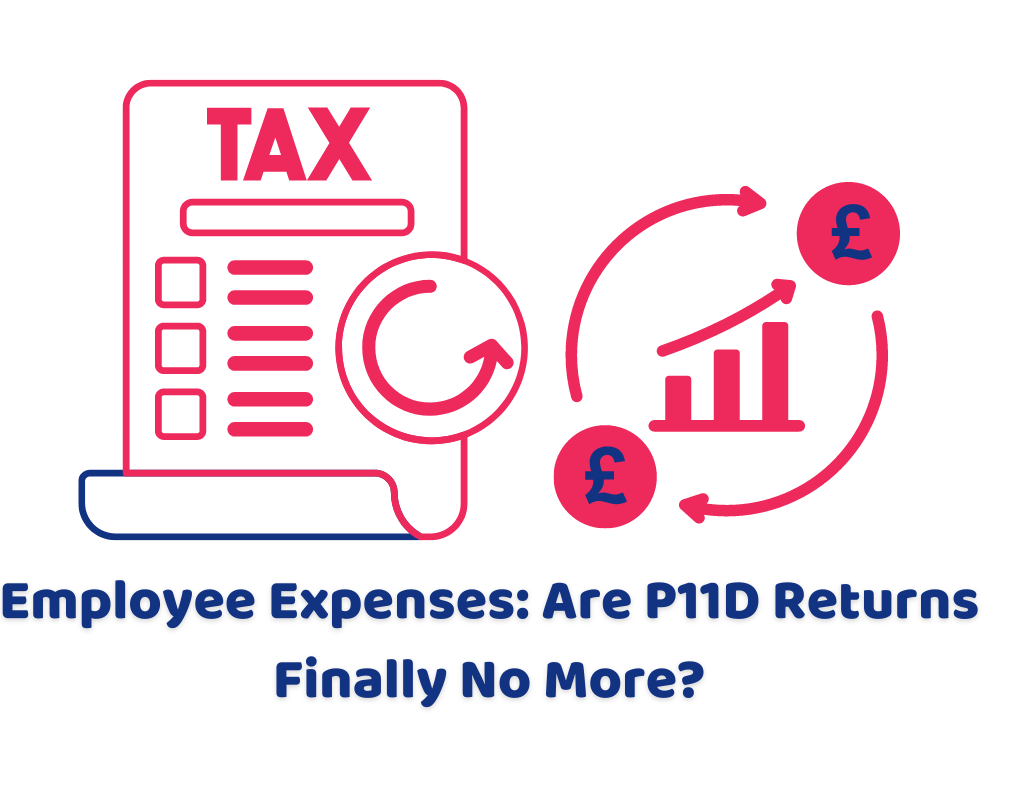The strict application of the rule for allowable expenses would require all expense payments to employees to be treated as employment income, leaving the employee to claim relief for the allowable part separately. In addition, an employer is required to notify HMRC of all expenses paid to an employee, even if the employee incurs the expense on the employer’s behalf. However, invariably, those expenses will not be taxable on the employee, as being incurred ‘in the performance of the duties’ of the employment and ‘wholly, exclusively and necessarily incurred’.
Dispensations and Payrolling
Pre-2016, if it was clear that a particular type of expense would not give rise to any tax liability on the employee (being allowable for tax purposes), the employer applied to HMRC for a ‘dispensation’.
Post-2016, a statutory exemption for reimbursed expenses was enacted such that those expenses were no longer taxable. This saved time applying for a dispensation and reporting those particular expenses on form P11D. Other taxable expenses still required submission of form P11D to HMRC and the tax thereon collected from the employee directly under self-assessment or, more usually, via the next year’s PAYE notice of coding.
Since 2016 and with HMRC’s agreement, employers have been able to choose to ‘informally’ payroll other non-reimbursed expenses and benefits-inkind (BIKs). Once registered, the employer adds the correct cash equivalent value of the payrolled expenses or BIK to the employee’s taxable pay, so that the tax and National Insurance contributions (NICs) for the employee are calculated, collected and paid in real-time spread throughout the tax year. HMRC should then exclude the value from the employee’s tax code. Not all benefits have to be payrolled; the employer can choose. Therefore, form P11Ds will only need to be submitted to declare benefits that cannot be ‘payrolled’ (e.g., accommodation and loans subject to interest at less than the official rate). Employers may still have a Class 1A NICs liability and therefore will still need to submit a form P11D(b).
Since 6 April 2023, HMRC no longer agrees to such ‘informal’ arrangements; instead, new employers or employers wanting to payroll expenses and BIKs for the first time must formalise arrangements. Registration is via HMRC’s online service, and is required by 6 April 2024 for the tax year 2024/25.
As a measure towards simplifying and modernising the tax system as of March 2023, HMRC no longer accepts paper P11D filings; all submissions must be made online. Further, the government has decided to mandate payrolling expenses or BIKs for all employers from April 2026.
Preparing for Mandated Payrolling of Benefits
It is understandable why HMRC wishes to do away with form P11D, especially those still being submitted on paper; however, note that currently employers who payroll on a voluntary (informal) basis can exclude certain benefits or employees. Under mandation, payrolling of all benefits is required.
Although the proposed change is two years away, affected employers may wish to start considering how they will move to payrolling, the steps needed to get there by 2026 and any impact on their employees’ wages. For example, some employees may experience cashflow issues for 2026/27, where payrolling and PAYE code adjustments for prior years overlap, or where the taxable benefits have uncertain values. Explanation of the upcoming changes to all employees will be important.
Practical Tip
It is yet to be determined how loans and accommodation benefits will be processed under payrolling. In addition, employers will need to consider how last-minute benefit changes for leavers will be processed before payroll cut-off. This is particularly important for benefits which usually carry a relatively high BIKs implication such as company cars.

